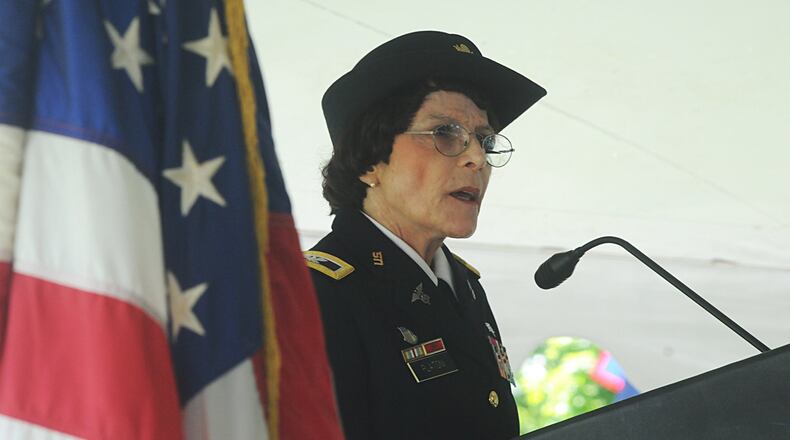Nine were killed and another 27 injured when the shooter opened fire at 1:07 a.m. in the Oregon District. Dayton officers killed the shooter.
Platoni, who has a Centerville practice, is part of a stress management team that met Sunday with officers who responded to Oregon District early Sunday. An Army reservist, she is also a survivor of a November 2009 mass shooting at Fort Hood where 13 died and another 30 were injured.
Five members of the Southwest Ohio Critical Incident Stress Management Team met with about 25 Dayton police officers in “diffusing sessions” at two locations by 10 a.m. Sunday, Platoni said. The group of about 40 volunteers includes mental health professionals like Platoni, as well as police officers, firefighters, medics and chaplains.
During the “diffusing process,” Platoni said police recounted their roles: some rendered life-saving first-aid and drove victims to the hospitals in the back of cruisers.
“We help them through the process so they can appreciate everything they did,” Platoni said. “So often they minimize or deny they did anything … These officers performed magnificently.”
About the Author

